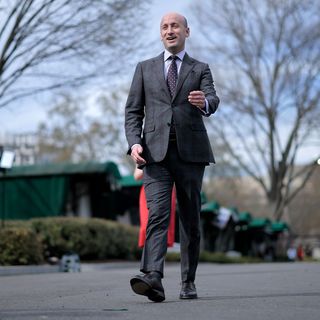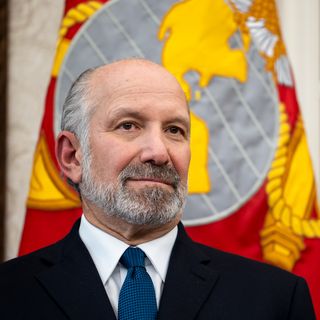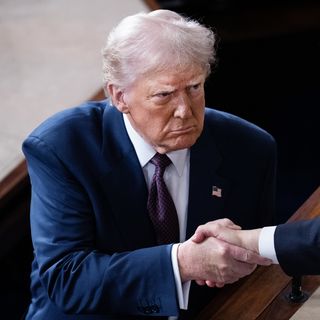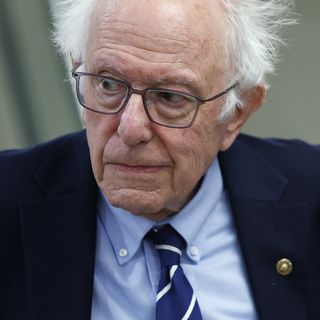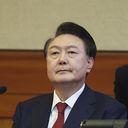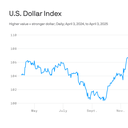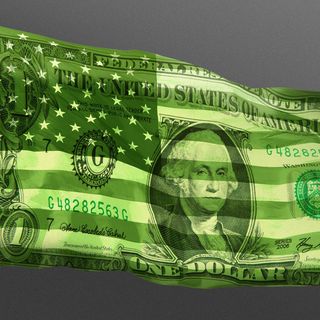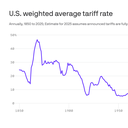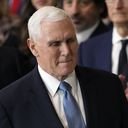"Makes all of us less safe": Top Dems slam reported firing of National Security Agency chief
Top congressional Democrats on Thursday night spoke out over reports that Gen. Timothy Haugh has been fired as National Security Agency director.
The big picture: The Washington Post first reported that Haugh had been removed from the NSA role and as U.S. Cyber Command chief, along with his civilian deputy Wendy Noble, citing a former U.S. official and two current ones.
- Several National Security Council members were fired earlier Thursday after conspiracy theorist Laura Loomer visited the Oval Office and pressed President Trump to oust specific NSC staffers, Axios first reported.
What they're saying: Sen. Mark Warner (D-Va.), vice chair of the Senate Intelligence Committee, posted on Bluesky that Haugh had "served our country in uniform, with honor and distinction, for more than 30 years."
- At a time when the U.S. faces "unprecedented cyber threats, as the Salt Typhoon cyberattack from China has so clearly underscored, how does firing him make Americans any safer?" he wrote.
- "It is astonishing that President Trump would fire the nonpartisan leader of the NSA while still failing to hold any member of his team accountable for leaking classified information on Signal — even as he apparently takes staffing direction from a discredited conspiracy theorist in the Oval Office."
Meanwhile, House Intelligence Committee ranking member Jim Himes (D-Conn.), in a statement posted to X, said he's "deeply disturbed by the decision to remove" Haugh from the NSA.
- "I have known General Haugh to be an honest and forthright leader who followed the law and put national security first — I fear those are precisely the qualities that could lead to his firing in this Administration," he said.
- "The Intelligence Committee and the American people need an immediate explanation for this decision, which makes all of us less safe."
Background: Haugh's career includes more than 30 years with the U.S. Air Force, much of it spent in cyber and intelligence roles, according to his biography.
- Then-President Biden nominated Haugh in 2023 to serve as leader of Cyber Command and the NSA.
- Biden announced soon after that Noble would serve as deputy NSA director.
- Noble began her NSA career in 1987 as a cryptologic linguist and "has served in numerous analytic, technical, and leadership roles spanning target and language analysis, strategy development, joint collection programs, and liaison operations, serving at both NSA Headquarters and various overseas locations," per her bio.
- Representatives for the NSA declined to comment and referred Axios to the Pentagon. The Pentagon and the White House did not immediately respond to Axios' requests for comment in the evening.
Go deeper... Scoop: Multiple firings on Trump's National Security Council after Loomer visit
Editor's note: This a breaking news story. Please check back for updates.





